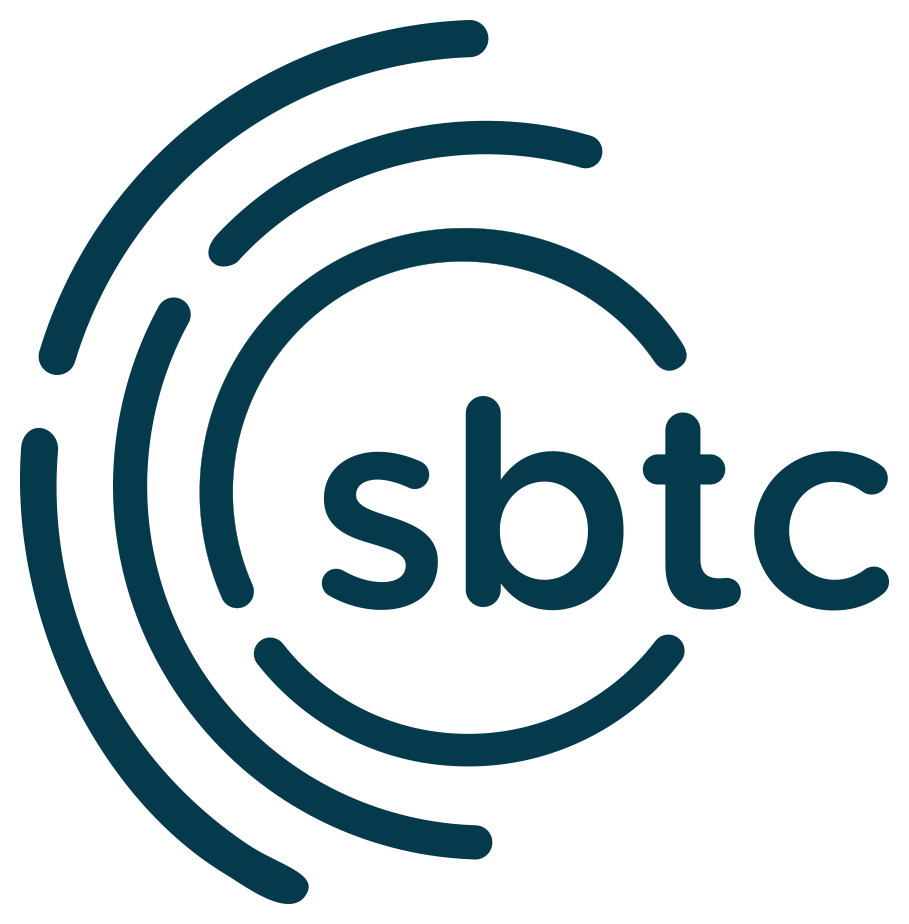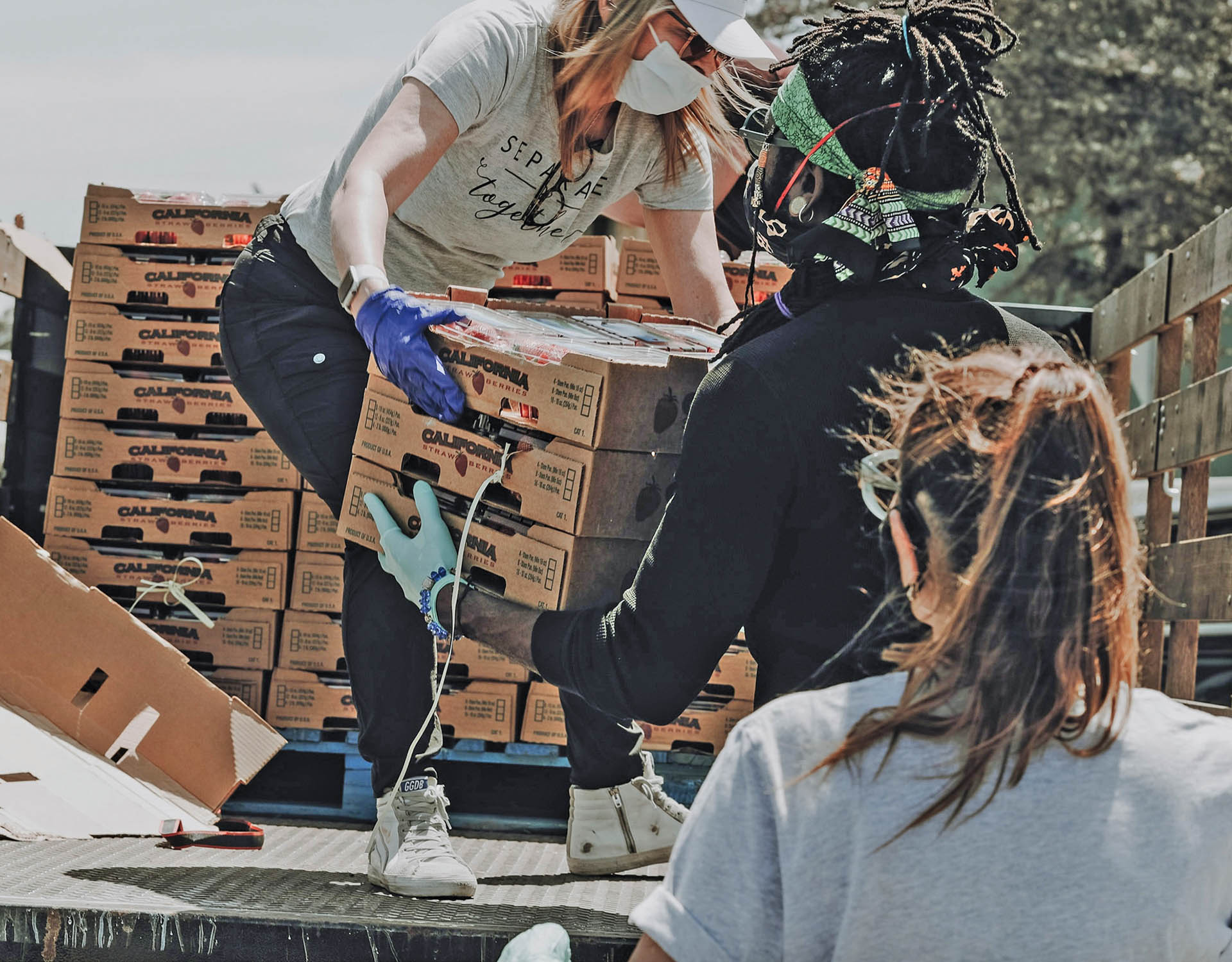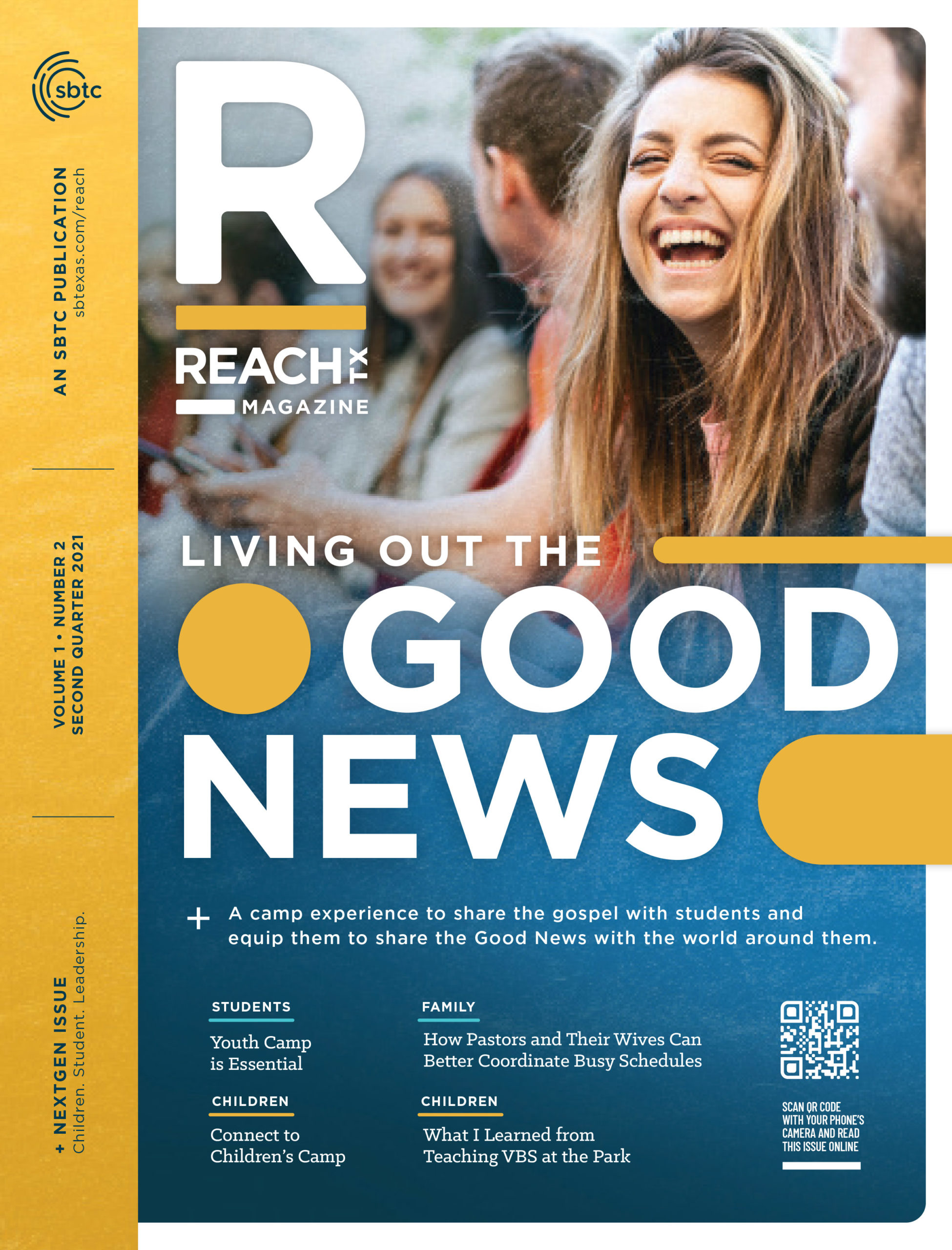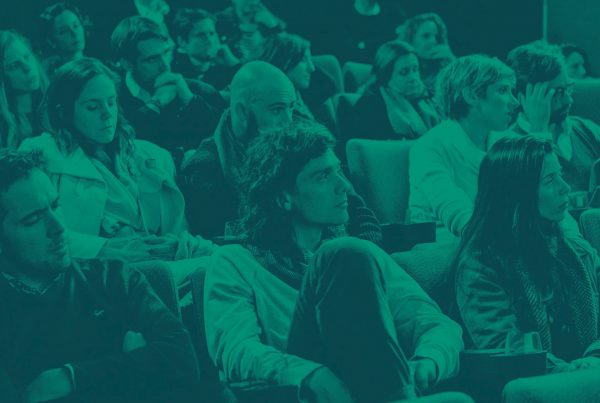What a blessing it was to see believers come together to meet a specific need that a variety of people have, namely, the need to eat. This need was met as our church, North Garland Baptist Fellowship, hosted a food giveaway during COVID-19. We had adults (both men and women), kids, singles, married couples, blacks, whites, Asians and Hispanics all receiving food. People from all walks of life and ethnicities came together looking for this very important need to be met. I watched older damaged vehicles with rusted doors and hubcap-less tires drive through the parking lot to get in the food line. I also saw polished newer cars without dents or dings pulling up to the food line to get their boxes of food. This event revealed a reality that we all know. The economic impact of COVID-19 does not discriminate, and it is no respecter of persons. It does not concern itself with a person’s racial identity nor with anyone’s socioeconomic status. This disease has not only impacted people’s health, but it has impacted people’s jobs to the point where, for some, having enough to eat is challenging. By the grace of God, we were able to provide hundreds of boxes of food to help those in our surrounding communities. Additionally, we passed out spiritual tracts and provided gift cards to those struggling financially. This event was one way to show kindness and offer compassion to these precious people who find themselves in need.
According to an article by Mitchell Schnurman in the Dallas Morning News, “thousands of vehicles lined up for food at Fair Park . . . and over half a million people in Dallas-Fort Worth didn’t have enough to eat in the previous week.” The same article cited data from a pulse survey by the US Census Bureau reporting that “about 1 in 3 American adults are living in a household struggling to pay expenses during the pandemic.” When people read these figures, they might think these statistics are from a third-world country. They are not. These reflect the realities right here in our own backyard. I know this sounds depressing, distressing and demoralizing. However, the good news outweighs the bad news. I would like to offer some good news and present a perspective that brings some light to this darkness.
Here’s the good news: Jesus is still seated at the right hand of the throne of God (Hebrews 8:1). The fact that he conquered death and the grave has not been altered at all (Romans 4:25). He is still King of Kings and Lord of Lords (1 Timothy 6:15), and the church’s mission, namely the Great Commission, has not changed (Matthew 28:18-20). As the old folks used to say in our black Baptist churches, “This is shouting good news!”
I firmly believe that this may be one of the greatest times in modern history to spread the gospel. Our mission must not be quarantined; it must be unleashed in a variety of ways. Let’s make evangelism part of our daily lives. Steven A. McKinion and D. Scott Hildreth are correct—“Evangelism happens within the regular rhythm of living with Christ yourself, of being an active participant in the gospel. The more you know him and enjoy him, the more you’ll enjoy sharing his story.” D. T. Niles said that evangelism is “one beggar telling another beggar where to find bread.” Even when things look hopeless, we must let others know that Jesus is the bread of life (John 6:35). Sticking to our mission is a mandate. Remember the words of the apostle Paul when he writes, “For I am not ashamed of the gospel, for it is the power of God for salvation to everyone who believes” (Romans 1:16). Nothing can stop the gospel; it can flourish in any environment and this is good news.
The Ethics and Religious Liberty Commission published an article by Casey Hough addressing the hot topic of church and culture. When talking about the early church, he points out, “The culture was not influenced by Christianity. Instead, it was a pagan culture . . . and yet, the gospel of Jesus Christ flourished there! Godlessness is no threat to the gospel of God.” If godlessness could not keep the gospel from flourishing, then challenges ranging from poverty to a pandemic should not either. Stay strong and encouraged as the good news outweighs the bad news.









